71-year-old Queen shows off her wide, regal smile – befitting her name – as she emerges from the Career Link Center in San Francisco’s Mission District. She was scheduled for an appointment in this county office recently, to learn more about the new state program giving SSI recipients access to CalFresh benefits for the first time ever.
“Even 25 extra dollars will mean a lot to me,” she says as she looks over her paperwork in anticipation of her appointment.
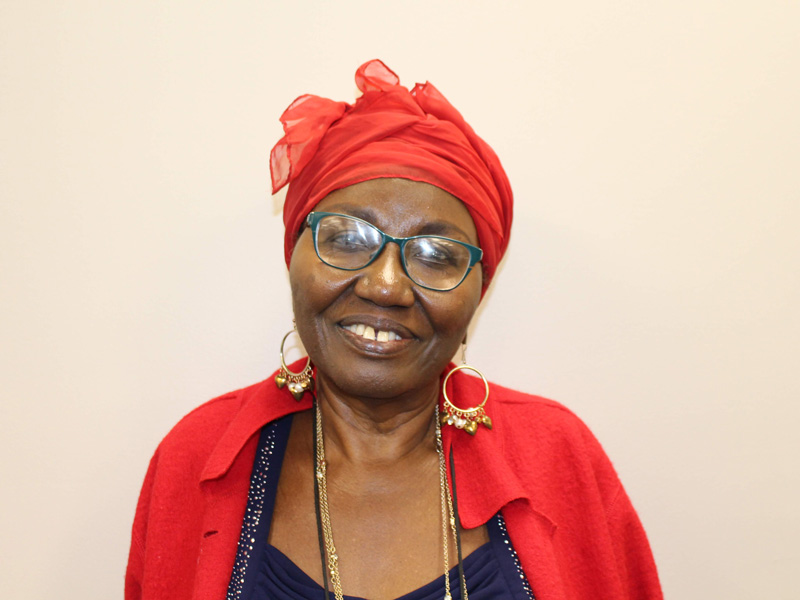
It’s been a difficult time for this single expat from the tiny western African nation of The Gambia. She moved to San Francisco more than ten years ago – hoping to make a big splash by opening up her own clothing boutique with authentic items from her homeland. Shortly after arriving though, Queen had to have major knee surgery, and was also diagnosed with glaucoma around the same time. Both ailments sent her spiraling into a deep depression. She couldn’t work, and before she knew it, she found herself surviving on less than a thousand dollars every month in SSI benefits. Access to healthy food was hard to come by, leading to days and weeks when she wasn’t eating much. Queen was starting to really worry about her health.
Life got a little more bearable when Queen found housing at Bethany Center – a housing center for senior citizens in the Mission District. She quickly enrolled at a nearby Food Bank pantry, healthy eating resumed, and that lead to Queen feeling the difference. “I wasn’t smiling very much before…and my energy level was very low, but I feel stronger and I think it’s because of all the great food I get at the pantry.”
Now Queen is ready for access to even more food after learning that she’s eligible to receive 50 dollars in CalFresh benefits each month. “I heard I could stretch my dollars even further at the farmers market through the “Market Match” program.” she said. “Being able to pick up even more healthy fruits and vegetables to make sure I never go hungry again makes me very grateful.”



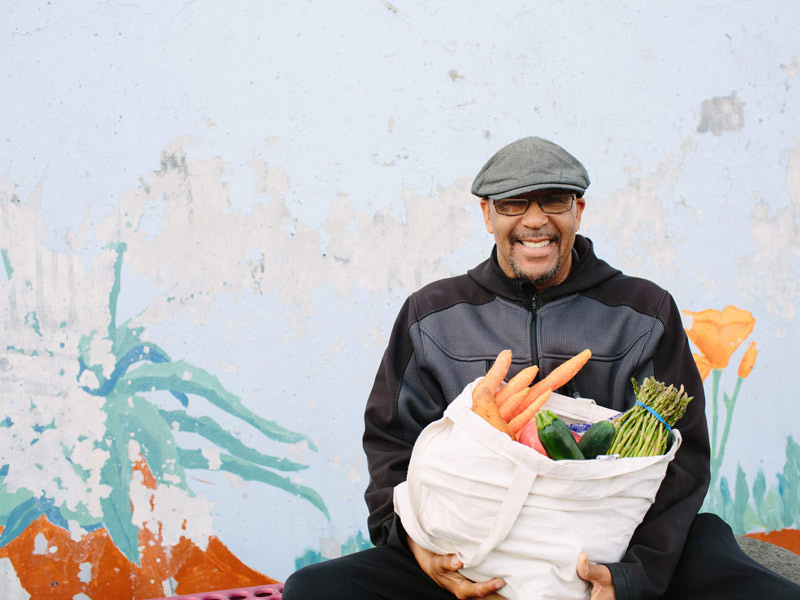
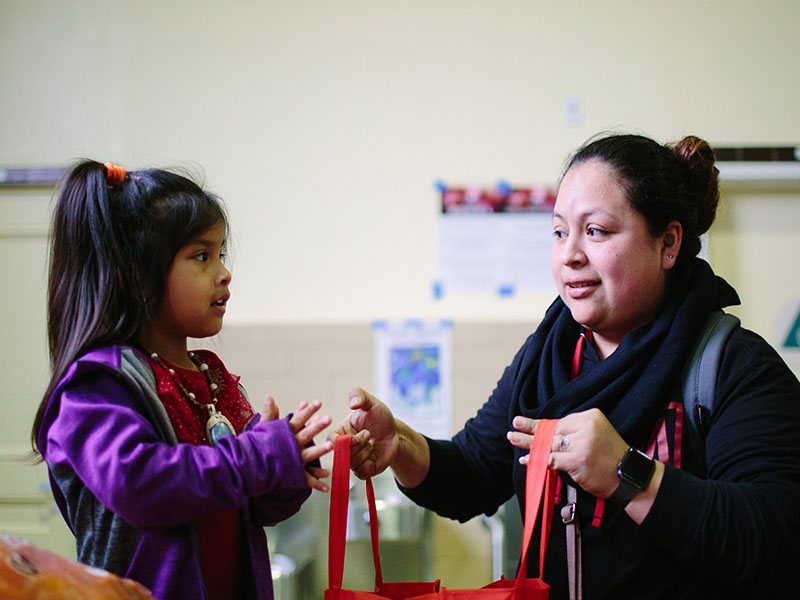

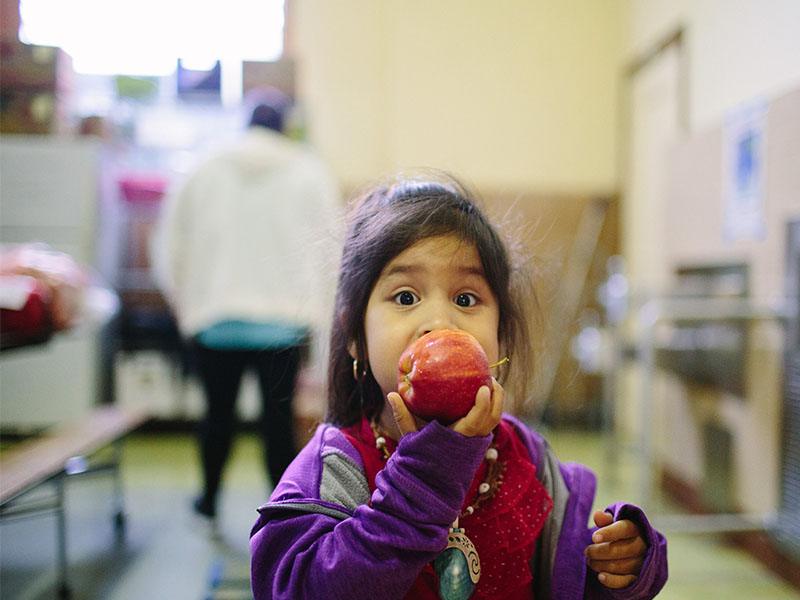 She hopes for a day when rents aren’t so high in the city, allowing all families to thrive. Until then, she’s glad for the little things, like finding fresh fish at our Healthy Children Pantry and fresh fruits that make her young daughters smile when they bite into them. To her, it’s about making sure her kids live a better life than hers.
She hopes for a day when rents aren’t so high in the city, allowing all families to thrive. Until then, she’s glad for the little things, like finding fresh fish at our Healthy Children Pantry and fresh fruits that make her young daughters smile when they bite into them. To her, it’s about making sure her kids live a better life than hers.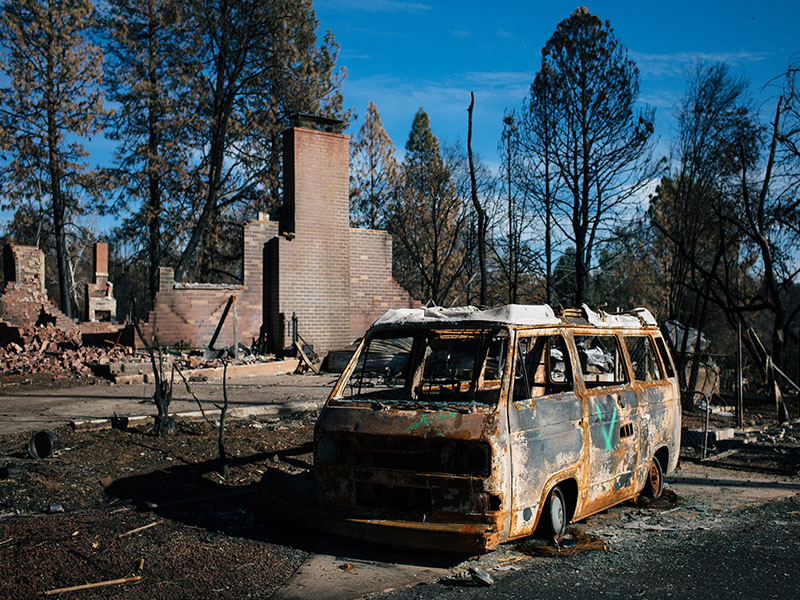 An hour later, fiery chunks of debris were pelting the couple’s home. When it was all over, they were left with nothing but their brick chimney and charred sludge and debris. “We lost fifty years of everything in that house,” Jean said. “It’s numbing.” The couple is now navigating insurance to begin rebuilding their house and their lives.
An hour later, fiery chunks of debris were pelting the couple’s home. When it was all over, they were left with nothing but their brick chimney and charred sludge and debris. “We lost fifty years of everything in that house,” Jean said. “It’s numbing.” The couple is now navigating insurance to begin rebuilding their house and their lives.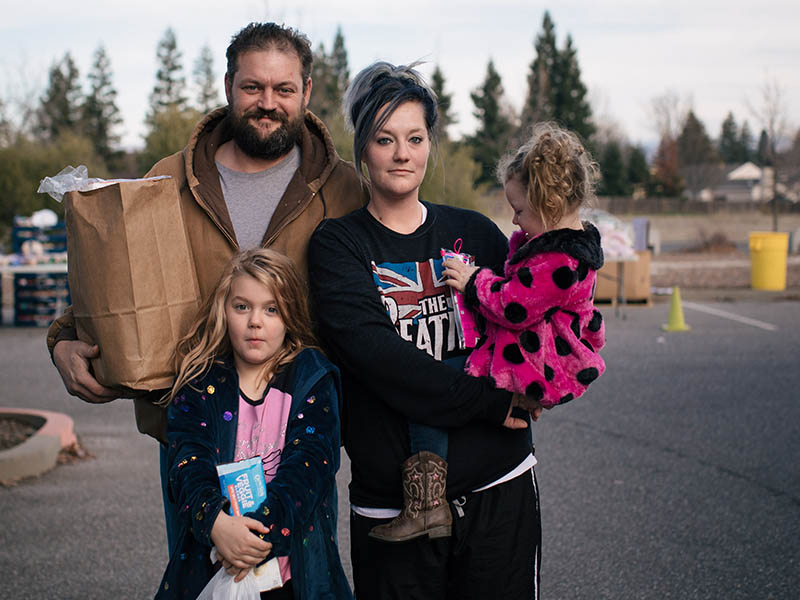
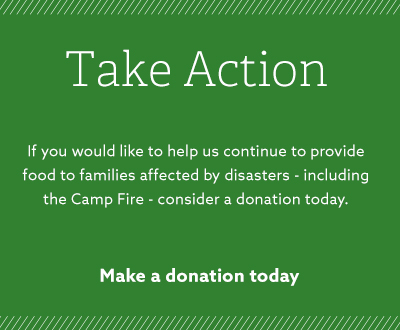
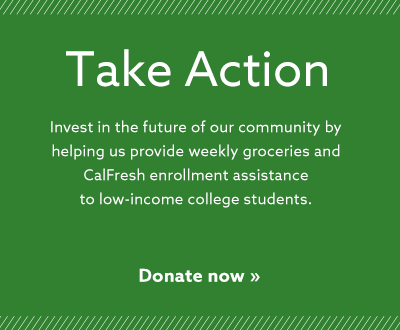
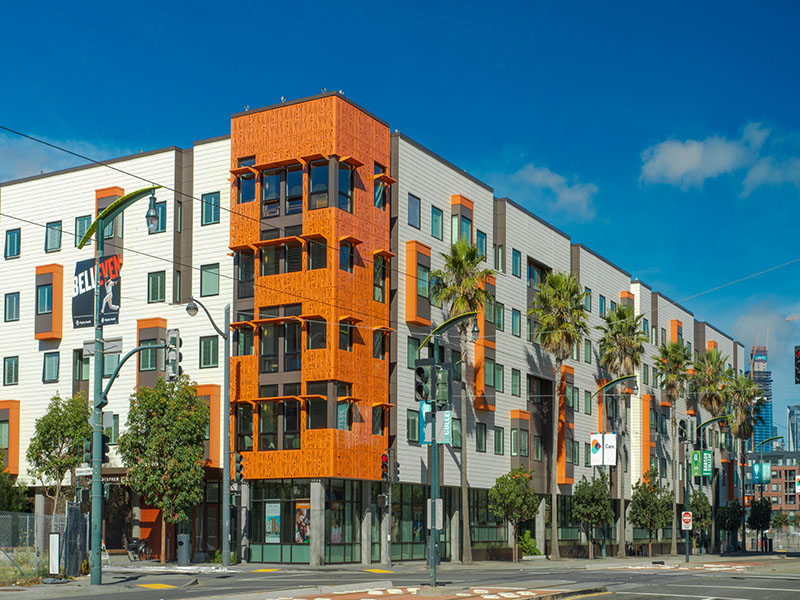
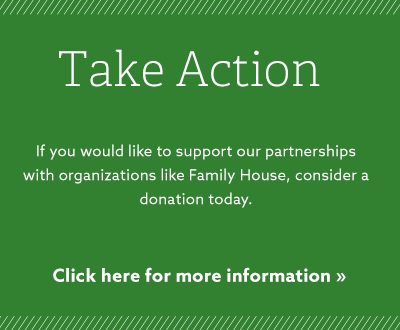
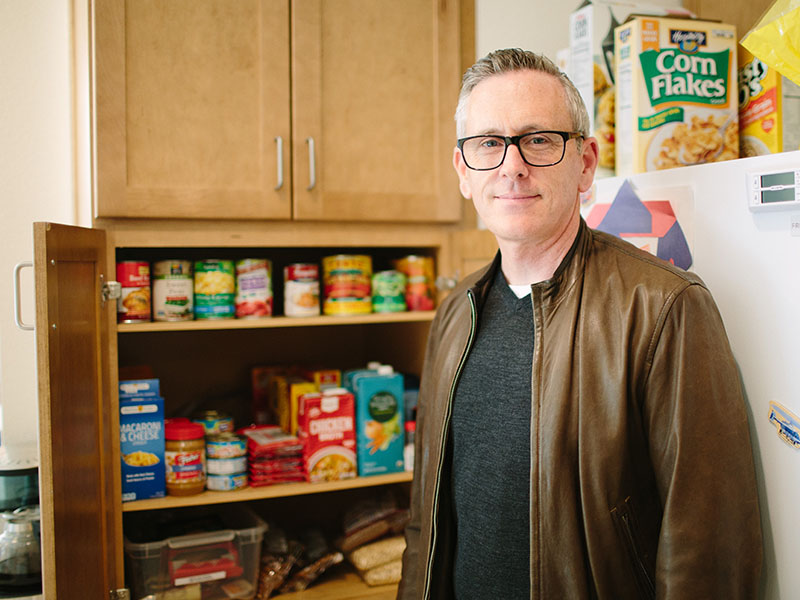

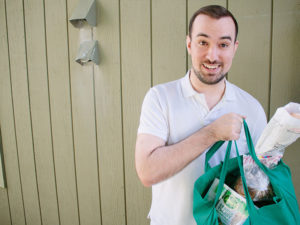
Share